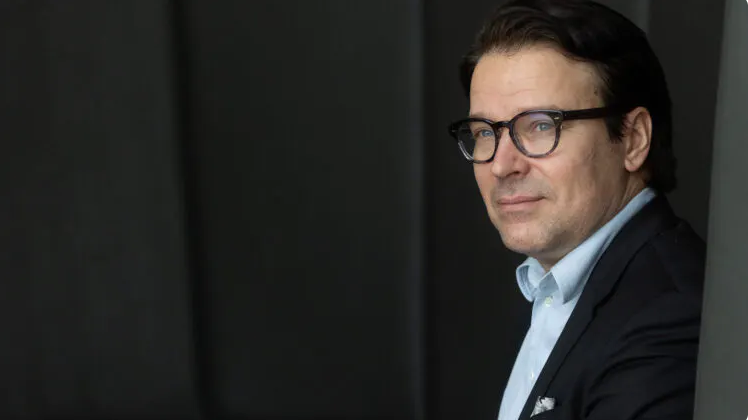The European Parliament will vote on the Renewable Energy Directive in Monday's plenary session in Strasbourg. With soaring energy bills and the threat of Russia turning off gas supplies, the transition towards renewable energy looks more urgent than ever.
The Renewable Energy directive sets a common target - currently at 32% - for the amount of renewable energy in the EU's energy consumption by 2030. But after Russia's invasion of Ukraine, lawmakers from all political sides rallied behind the Commission's proposal to raise the target to 45% in May, which the Parliament is expected to endorse at next week's plenary vote.
But for the Greens, the 45% aim is not ambitious enough, moving to table a 56% target at plenary next week.
"I believe on a technical level we can do more than the 56 % we are tabling in plenary," German Greens MEP Jutta Paulus told reporters at a Greens press briefing on Thursday.
To support their ambitions, the Greens commissioned a study published on Thursday that showed how to accelerate the transition towards renewable energy, including two scenarios that lay out how to reach 100% renewable energy in 2030 and 2040.
Related News
- EU announces five 'immediate moves' to lower energy prices
- Belgium risks 'ending up in a war economy' without EU help, warns De Croo
The Greens concede that both scenarios would be challenging, especially the 2030 target, but still believe it would be possible with strong political will.
"The momentum to increase the target is there, if we can increase the sub-target, the markets will move faster," said Paulus.
Lack of political will
In July, the Parliament's industry committee endorsed raising the target to 45% given the energy crisis.
Speaking to Euractiv, Markus Pieper, a German MEP from the EPP group and the European Parliament’s lead negotiator on the Renewable Energy Directive, insisted that "this is a good day for Europe’s energy transition." The Parliament was expected to back the new target as all political groups supported the notion in March.
According to the Greens, it is up to the Parliament to show more ambition.
With a difficult winter ahead, several countries, including Germany, Austria, and the Netherlands, are reluctantly turning towards coal plants for energy supplies in response to Russia limiting gas supplies. In addition, countries such as Poland have pushed back on the transition toward renewable energy due to their deep dependence on coal.
"It will be hard to get the EPP and Renew groups on board, but we want to open the discussion to show we can do more," said Paulus.
"There is a clear effect on electricity prices because if there were more renewables, energy would be less expensive," said Ville Niinistö, a Finnish MEP who is the Greens’ speaker on renewables in Parliament.
"What we are trying to do is show that we don't have to worry about dictators or volatility in fossil fuels. If we do the transition, it is a solution to the crisis and will be a short term, not long term fix."

